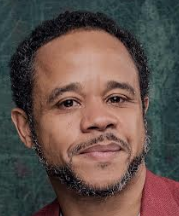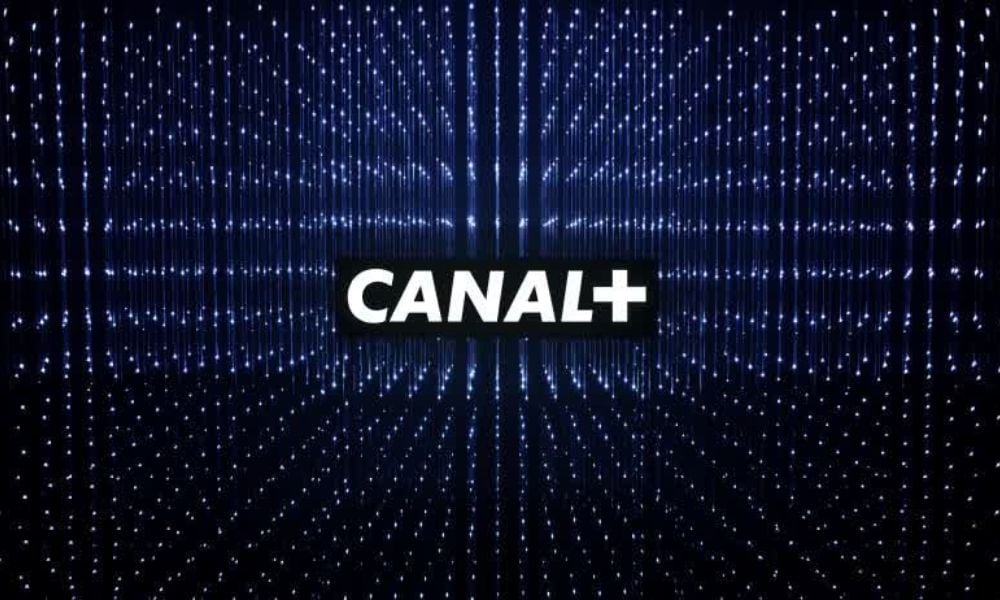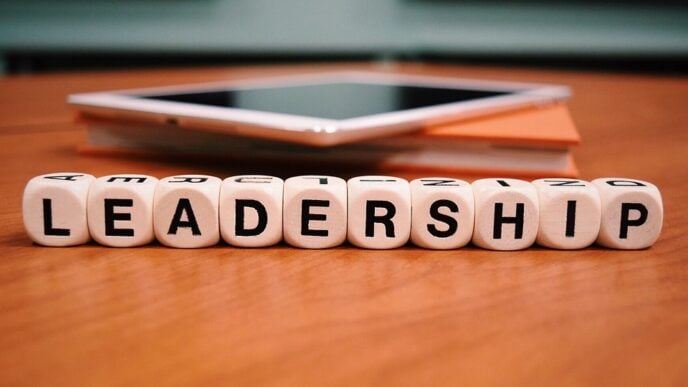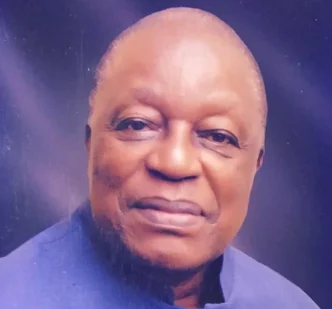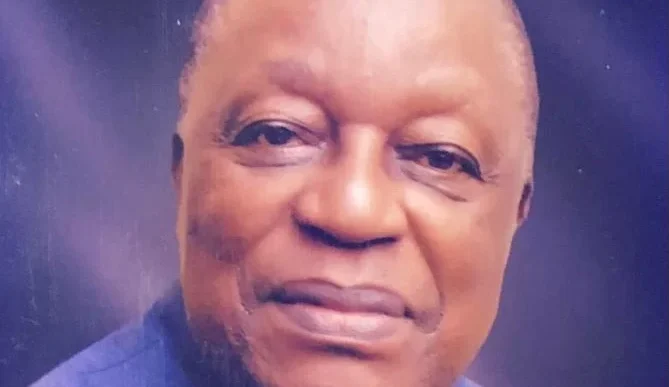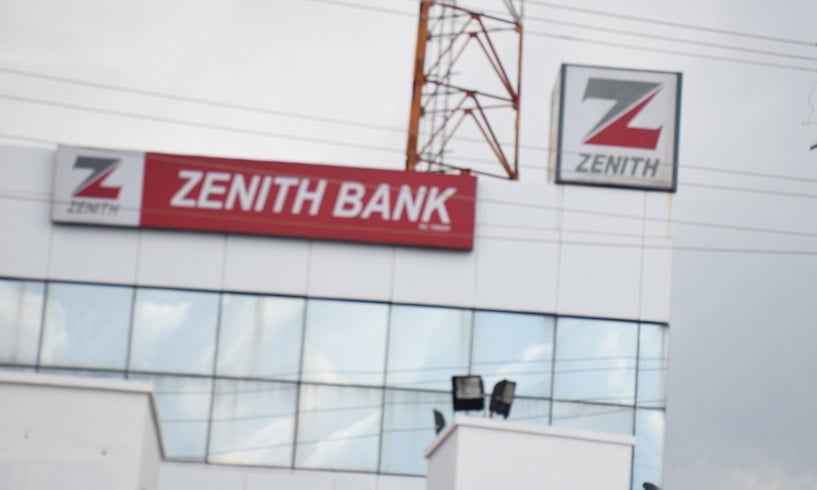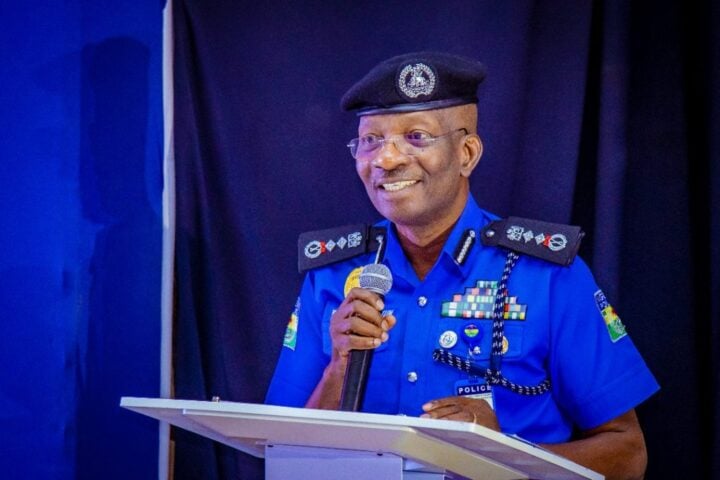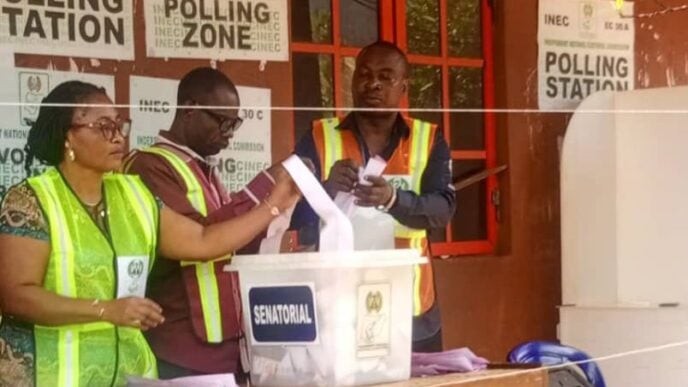It’s the biggest entertainment deal Africa has ever seen and unsurprisingly, it hasn’t sparked much global conversation. In a move valued at around $3 billion, France’s Canal+ is acquiring MultiChoice, Africa’s dominant Pay TV operator.
On paper, it looks like a merger of scale. But in practice, it’s much more a strategic realignment around content distribution across a continent of over a billion people most of them young, mobile-first, and culturally engaged.
This isn’t just a business transaction. It’s a signal and one that deserves deeper reflection.
For those who love entertainment, and who doesn’t? For investors and observers watching the creative space and for those of us who have spent years navigating this space, structuring content deals, building media-tech platforms, and balancing cultural and creative value with commercial viability, this moment is more than a headline. It’s a turning point worth unpacking.
Advertisement
What’s Really Being Bought?
The real asset here isn’t just the 100M+ eyeballs across Multichoice’s platforms, DStv, GOtv and Showmax. It’s the infrastructure. The localized IP built over decades. The hard-earned audience insights, that would be incredibly difficult to replicate, into Africa’s fragmented, multilingual media landscape.
This is a future-focused acquisition. Canal+ isn’t just buying a company and their customers, it’s buying privileged access to one of the world’s most youthful, culturally vibrant, and rapidly digitizing populations.
Advertisement
While the implications of European control of one of Africa’s biggest cultural assets is sobering, the real point of debate is structural, it’s the persistent absence of African capital at the decision-making table.
Why This Deal Matters Globally
To understand the weight of this deal, you have to zoom out.
- Amazon bought MGM for $8.5B
- Netflix’s 2024 content budget is $17B
- Skydance’s acquisition of Paramount valued the company at around $8B
Comparatively, Canal+ getting MultiChoice and the entire African continent for $3B is a small ticket, a gamble with huge payout potential and also a strategic land grab.
Advertisement
Africa is the last frontier of linear-to-digital migration at scale. Whoever controls the infrastructure for content monetization today is laying the rails for streaming dominance tomorrow. Furthermore, the global embrace of African culture is expected to continue and means massive influence and huge profits.
From that lens, this deal is about securing future growth and shaping the direction, it signals that Africa is no longer a side-stage.
A Ground-Level View
I’ve spent the last 15+ years in the trenches of the African consumer and creative economies, from music to sports, from branded content and licensing to broadcast and production across The Continent, Nigeria, Kenya, South Africa, and Globally to the Diaspora and beyond in the US, UK and France.
Advertisement
Here’s what’s often misunderstood, Africa isn’t one audience. It’s a patchwork of cultures, languages, behaviors, and emotional cues. Global platforms frequently underestimate how nuanced it all is.
Content that moves numbers locally may never break out internationally. And yet I’ve seen micro-budget Nigerian dramas top Netflix UK charts, and mobile and digital networks build compelling audience traction without major backing.
Advertisement
And all the while, African investors have watched from the sidelines, interested, but for the most part, too cautious to really get behind the creative economy. Will this deal galvanize the interest into action?
It’s this tension between global ambition and local nuance that makes this deal so layered and interesting.
Advertisement
Who Wins And What Really Shifts
Sure, Canal+ wins positioning. Shareholders get upside. Local creators might see renewed investment.
Advertisement
But beneath all that is a major power shift.
For years, MultiChoice was one of the few African platforms commissioning content at scale. Now, with ownership moving outside the continent, new questions will surface: What kinds of stories will get commissioned? Who decides? How will procurement work? Will local stories still get told or will global templates take over?
This isn’t about suspicion. It’s about clarity. Distribution isn’t neutral. Whoever controls the pipes also shapes the narratives that flow through them.
African investors couldn’t have dreamt up the concept, because it just seemed out of reach. Meanwhile, International investors looking from afar missed the opportunity because they couldn’t see the big picture.
The Overlooked Giant: Africa’s Informal Content Economy
One of the most misunderstood layers of this market is what I call the “underbanked middle” the high-volume, emotionally rich, fast-turnaround dramas that dominate USB drives, YouTube, and budget VOD platforms.
These aren’t just cheap productions. They are the spiritual successors to early Nollywood, and they remain beloved by rural, lower-income, and working-class audiences.
The mainstream, both foreign and local, tends to ignore them, chasing prestige or polished co-productions. But this “middle” remains one of the biggest commercial opportunities in African entertainment.
Think micro dramas. Think hyper-local soap operas. Think massive loyalty distributed unconventionally, monetized flexibly.
And while we’re here, let’s talk about how African consumers actually buy. The same way sachet-sized FMCG products redefined markets, many African consumers prefer flexible, micro-payment models. Western pricing systems often miss the mark entirely.
Want to win in Africa? Build around the behavior, not the boardroom forecast.
Not a Warning, A Wake-Up Call
Let’s be clear: this isn’t a cautionary tale. It’s a moment for reflection.
This deal teaches us a few things:
- African media platforms deserve global-level valuations and belong in the same boardroom discussions as Paramount or Warner Bros.
- The industry’s structure is still being written and wherever capital goes, influence follows.
Will this trigger a new wave of international investment in African media?
Yes.
Will it drive more consolidation?
Probably.
But here’s the bigger shift: Silicon Valley, Wall Street, and global streamers are finally watching Africa not as a charity case, but as a business case. This deal tells them that Africa isn’t just culturally cool; it’s investable, maybe even commercially critical.
But no matter how much capital flows in, local context still rules.
Final Thought
If you’re in the media this matters to you.
Not just because of what Canal+ acquired, but because of why they acquired it. The story here is growth. The infrastructure is set. The audiences? Already tuned in.
What’s left is ensuring that global investment flows into African entertainment with intentionality, with mutual benefit, and with a long-term view.
It’s also time for international players and local practitioners to engage our public and financial institutions. Let’s encourage our Governments in Rwanda, Nigeria, Kenya, even the Kingdom of Saudi Arabia and UAE and so many others to continue efforts to lay solid foundations for their creative economies. Let’s pressure investors to work alongside us, dream big and learn to speak the same language.
If you’re looking to understand the nuance, not just the numbers, there’s more here than headlines.
By Samuel “Samo” Onyemelukwe, with help from AI. Mr. Onyemelukwe is a Nigerian-American and an African media and entertainment industry expert and is currently VP Global Business Development and Managing Director of Trace West Africa. www.linkedin.com/in/sonyemelukwe
Views expressed by contributors are strictly personal and not of TheCable.
